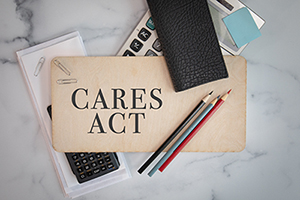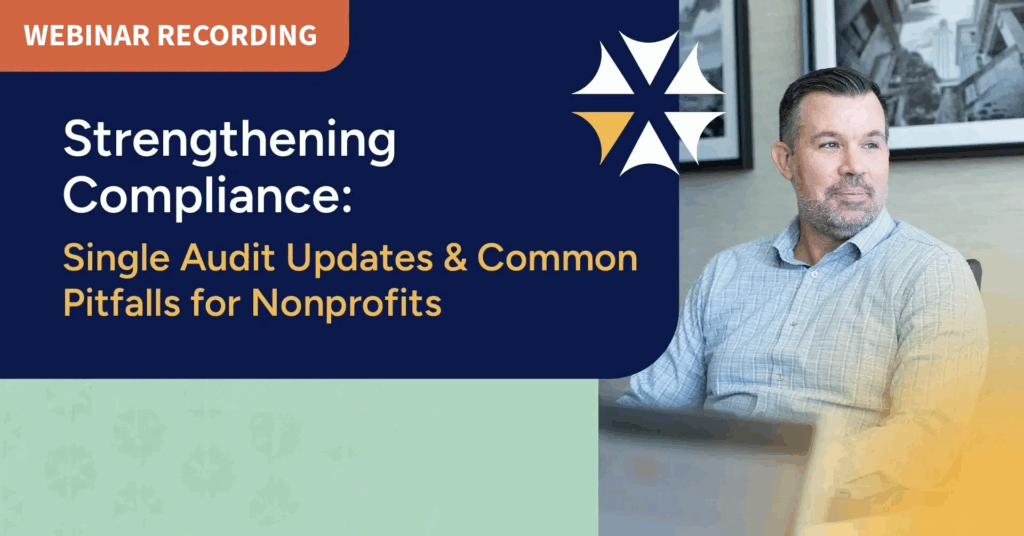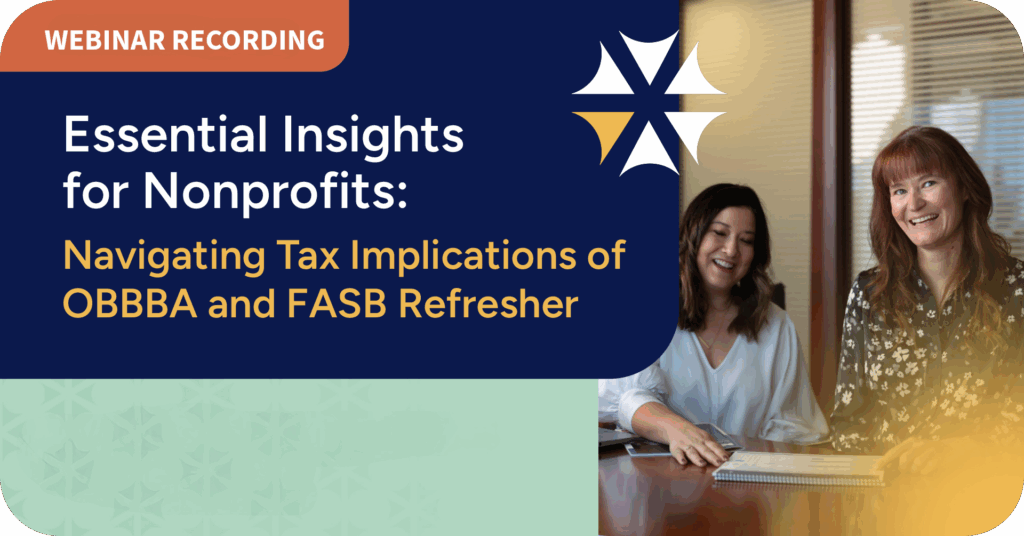
On March 25th the Senate passed the Coronavirus Aid, Relief, and Economic Security (CARES) Act. The CARES Act, which includes significant tax provisions and other measures to assist individuals and businesses impacted by the economic effects of the COVID-19 virus, was passed by the House and signed by the President on March 27th.
This article details the tax-related provisions of the CARES Act which provide relief to individuals and businesses, respectively.
Individual Tax Relief
- Recovery rebates for individuals – checks for up to $1,200 for individuals, $2,400 for joint filers and $500 for each qualifying child. The rebate amounts begin to phase out for joint filers with adjusted gross income (AGI) of $150,000 ($112,500 for head of household and $75,000 for all others) and is completely phased out at AGI levels of $198,000 ($136,500 for head of household and $99,000 for all others). The rebate amount is based on the taxpayer’s 2019 return or, if not yet available, the 2018 return.
- Waives the 10% penalty on early withdrawals of up to $100,000 made from qualified retirement accounts after January 1, 2020, for coronavirus-related purposes (as defined). The withdrawal is still subject to income tax but may be spread over a three year period beginning with 2020. Taxpayers may also recontribute the withdrawn amount within three years in which case it is not taxable.
- Waives the required minimum distribution (RMD) rules for 2020.
- Charitable contributions
- Provides up to $300 above-the-line deduction for non-itemizing individuals making qualified charitable contributions in 2020.
- Removes the AGI limit for charitable contributions by individuals in 2020 for gifts to qualifying charities.
- Only cash gifts qualify and gifts to donor advised funds are not eligible.
- Exclusion from income for certain employer payments of student loans made in 2020.
Business Tax Relief
- Employee retention credit – provides a credit against employment taxes equal to 50% of qualifying wages paid to employees who are not working due to the employer’s full or partial suspension of business as a result of COVID-19 or significant decline in gross receipts. The amount of wages eligible for the credit is limited to $10,000 in aggregate per employee (resulting in a maximum credit amount of $5,000) and applies to wages paid between March 12, 2020 and December 31, 2020. Additional requirements apply in defining qualifying wages, qualifying employers, and qualifying employees, and no employee retention credit is available for employers who have received an SBA payroll protection loan.
- Payroll tax deferral – payroll taxes incurred by employers due from the date the CARES Act is signed into law and ending on December 31, 2020, are deferred. 50 percent of this amount is due on December 31, 2021 and the other 50 percent is due December 31, 2022. 50 percent of payroll taxes incurred by self-employed persons qualify for the deferral. This deferral is not available to employers who have had an SBA payroll protection loan forgiven.
- Net Operating Losses (NOLs)
- Provides a five-year carryback for NOLs arising in tax years beginning in 2018, 2019 or 2020
- Temporarily removes the 80 percent of taxable income limitation on utilization of NOLs
- Allows NOLs arising in a tax year beginning in 2017 and ending in 2018 to be carried back two years
- Eases the excess business loss rules under IRC Section 461(l)
- Accelerates the ability of corporations to receive refunds of AMT credits to 2019, or 2018 if elected.
- IRC Section 163(j) interest deduction limitations
- Increases the 30% adjusted taxable income limitation to 50% for tax years beginning in 2019 and 2020
- For partnerships, the 30% limitation still applies for 2019 but partners may deduct 50% of their distributive share of the partnership’s 2019 excess business interest in 2020 without regard to IRC Section 163(j)
- Allows the use of 2019 adjusted taxable income in computing the 2020 limitation amount
- Technical correction to the 2017 Tax Cuts and Jobs Act (TCJA) related to Qualified Improvement Property (QIP) – QIP may now be depreciated as 15 year property and is eligible for bonus deprecation as a result of this “fix”. The change is made as if it had been included in the TCJA and applies to property acquired and placed in service after September 27, 2017.
- Increases the net income limitation for charitable contribution deductions for corporations from 10% to 25% for 2020.
Other Relief
The CARES Act also provides significant federal funding for a range of non-tax measures to assist individuals and businesses impacted by the economic effects of COVID-19. While not the focus of this update on the tax relief included in the CARES Act, some of the key programs include:
- Small Business Administration (SBA) paycheck protection loans of up to $10 million to eligible businesses and nonprofit organizations and partial loan forgiveness for payroll and other expenses if certain requirements are met.
- Funding for other programs to provide loans to eligible businesses.
- Emergency funding for hospitals and other healthcare and governmental entities.
- Increased unemployment benefits for individuals who become unemployed, partially unemployed, or unable to work as a result of COVID-19.
We Are Here to Help
We understand that in this time of uncertainty you may have growing concerns for the financial health of yourselves and your businesses, employees and families. Please contact us if you have questions about these updates and how they may affect your personal and/or business situation.




